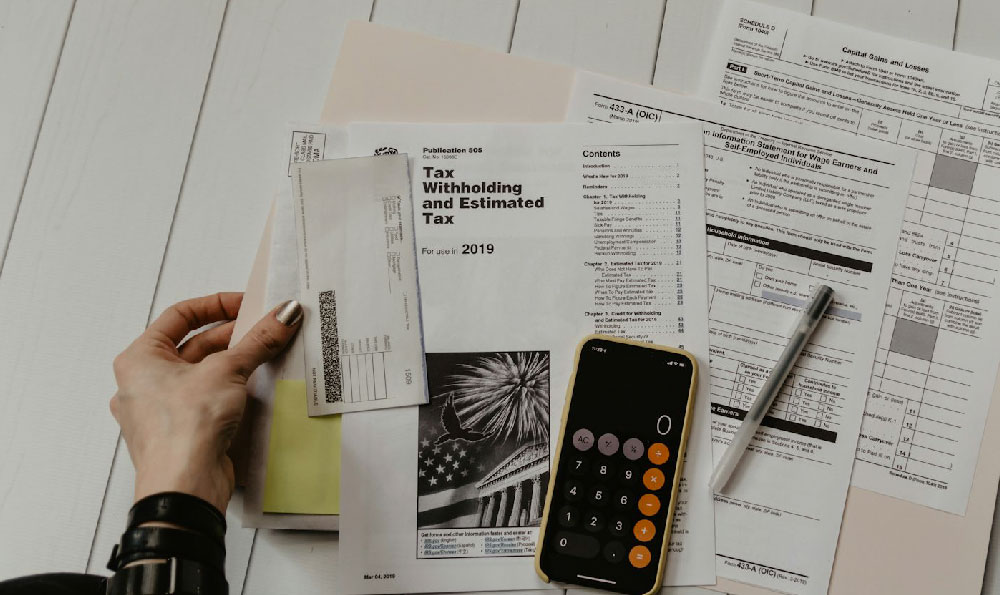Okay, I understand. Here's an article addressing the question of podcast monetization, written as requested, aiming for depth and avoiding numbered lists and specific introductory phrases, and provided entirely in English:
The allure of passive income and creative freedom draws many to the world of podcasting. But the dream of quitting your day job and living off podcast revenue often clashes with the harsh realities of building an audience and navigating the monetization landscape. So, can podcasts really make money? The answer, while not a simple yes or no, leans towards a qualified affirmative. It is possible, but it requires a strategic approach, consistent effort, and a healthy dose of realism.
The secret, if there is one, lies not in a magic formula but in understanding the multifaceted ways podcasts generate revenue and how those methods intersect with audience size, niche relevance, and overall podcast quality. Simply put, the bigger and more engaged your audience, and the more desirable that audience is to potential advertisers or partners, the greater your earning potential.

One of the most prevalent monetization strategies is, of course, advertising. Podcast advertising revenue has been steadily climbing, reflecting the growing popularity of the medium. Businesses recognize the value of reaching a highly engaged, often niche audience directly through their favorite podcasts. However, securing advertising deals isn't as simple as waiting for sponsors to come knocking. While larger podcasts can attract significant advertising revenue from major brands, smaller podcasts need to be proactive. This might involve pitching directly to relevant businesses, joining podcast advertising networks that connect podcasters with advertisers, or even offering local businesses the chance to sponsor episodes. The rates you can charge typically depend on factors like your download numbers, audience demographics, and the perceived value of your audience to the advertiser. Cost Per Mille (CPM), or cost per thousand impressions, is the standard pricing model. Negotiating favorable CPM rates is crucial for maximizing advertising revenue.
Beyond traditional advertising, sponsorships offer another avenue for revenue generation. Unlike ads that run within the episode, sponsorships often involve a deeper integration of the sponsor's message into the podcast content. This could mean the host mentioning the sponsor organically, interviewing a representative from the company, or even dedicating an entire episode to a topic relevant to the sponsor's product or service. These more integrated approaches often command higher fees than standard advertising spots. The key is finding sponsors that align with your podcast's brand and resonate with your audience. Authenticity is paramount; if your audience perceives the sponsorship as inauthentic or irrelevant, it can damage your credibility and alienate listeners.
Another powerful monetization tool, particularly for podcasts with highly engaged audiences, is the creation and sale of merchandise. This can range from t-shirts and mugs emblazoned with the podcast logo to books, courses, or consulting services related to the podcast's topic. The appeal of merchandise lies in its ability to foster a sense of community among listeners and provide a tangible way for them to support the podcast they enjoy. The success of merchandise sales depends heavily on effective marketing and high-quality products. Listeners are more likely to purchase merchandise if they feel a strong connection to the podcast and believe the products are well-made and represent the podcast's brand accurately.
Crowdfunding platforms like Patreon have also become increasingly popular among podcasters. Patreon allows listeners to directly support the podcast on a recurring basis in exchange for exclusive content, early access to episodes, or other perks. This model fosters a direct relationship between the podcaster and their audience, creating a sense of shared ownership and investment in the podcast's success. Building a successful Patreon campaign requires consistently providing value to subscribers and actively engaging with them in the Patreon community. It's also essential to set realistic goals and offer tiers of support that appeal to a wide range of listeners.
For podcasts with a strong niche focus, affiliate marketing can be a lucrative revenue stream. This involves promoting products or services related to the podcast's topic and earning a commission on any sales generated through unique affiliate links. The key to successful affiliate marketing is choosing products or services that are genuinely useful and relevant to your audience. Transparency is crucial; it's important to disclose your affiliate relationship to your listeners so they can make informed purchasing decisions.
Furthermore, consider leveraging your podcast as a lead generation tool for other businesses or services you offer. If you're a consultant, coach, or author, your podcast can serve as a platform to showcase your expertise and attract potential clients. By providing valuable content and building relationships with listeners, you can establish yourself as an authority in your field and generate leads for your primary business. This strategy works best when the podcast content is closely aligned with the services or products you offer.
Ultimately, the secret to making money with a podcast isn't about finding a single, foolproof method. It's about combining multiple monetization strategies, adapting to the ever-changing podcasting landscape, and consistently creating high-quality content that resonates with your audience. Building a successful and profitable podcast takes time, effort, and a willingness to experiment. It requires understanding your audience, building a strong brand, and actively engaging with your listeners. While the road to podcast riches may not be paved with gold, it is certainly possible to carve out a sustainable and rewarding career in the world of audio. Remember that the long-term goal isn't just to make money, but to build a community and create something valuable that resonates with your audience. If you focus on providing value, the financial rewards will often follow.












